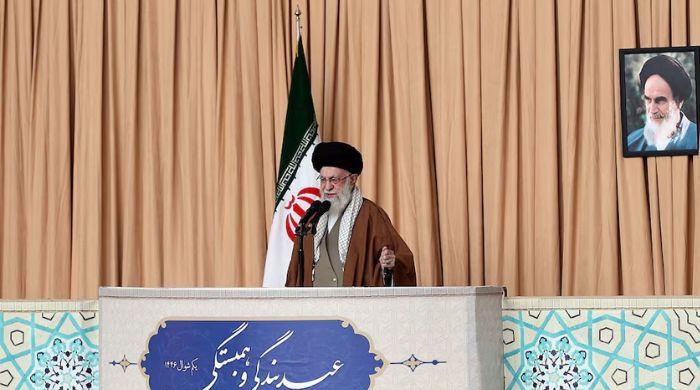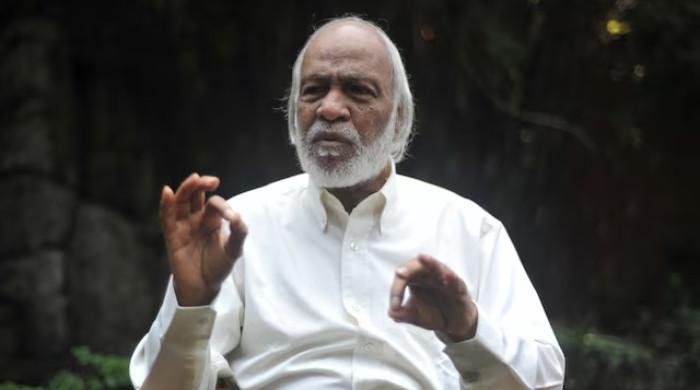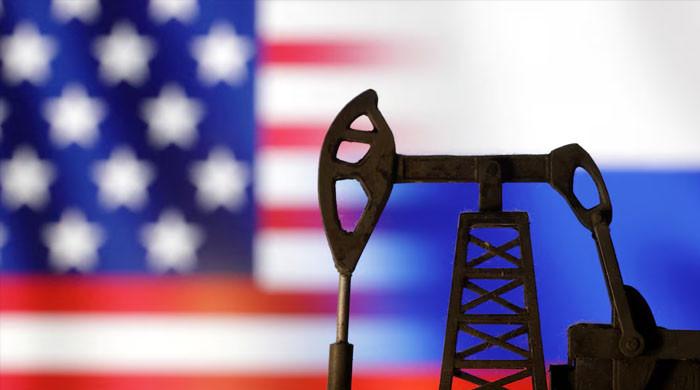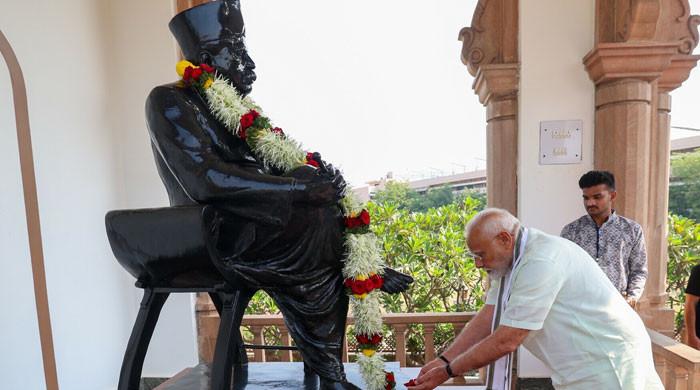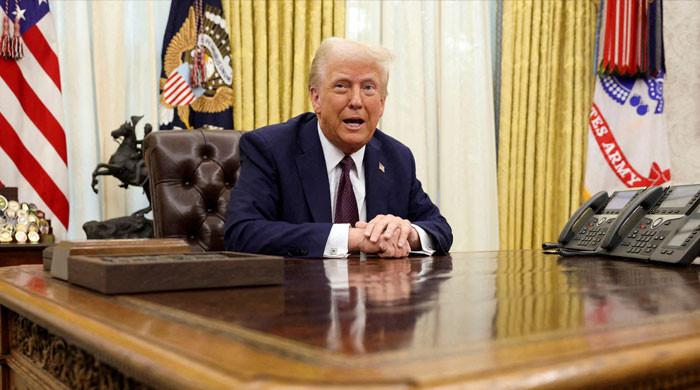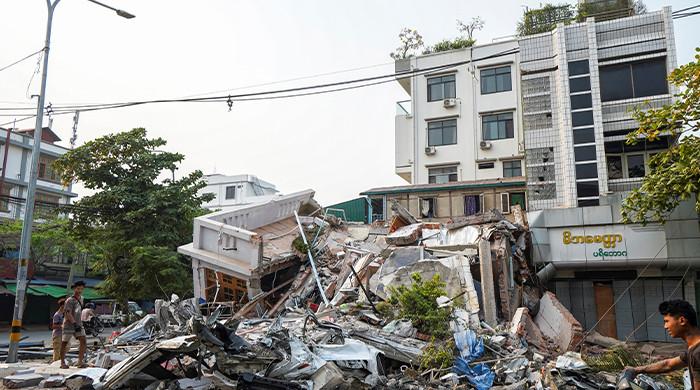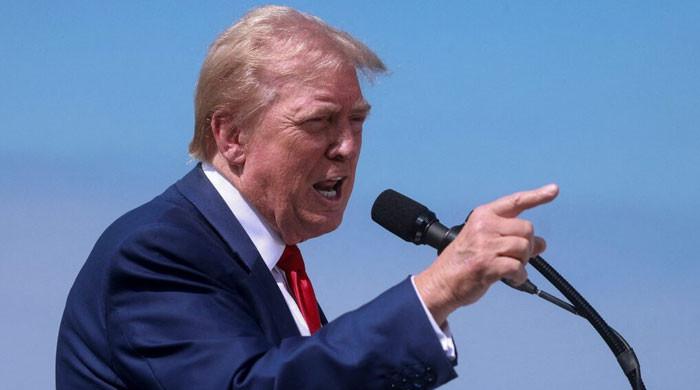Contest between India, Britain for ICJ seat ends in stalemate
India's Dalveer Bhandari and UK's Sir Christopher Greenwood could not get the majority and went through another round of voting on Monday
November 14, 2017
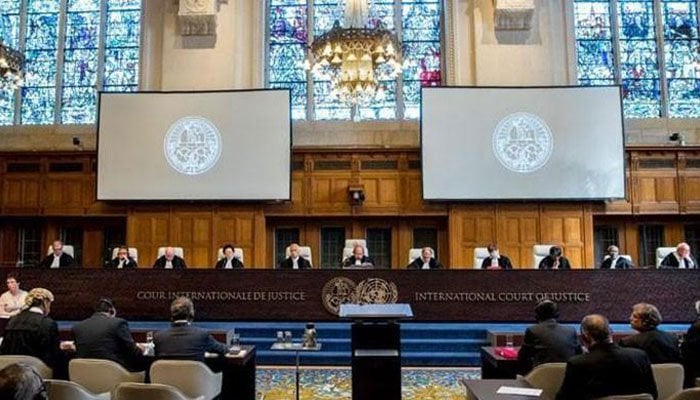
THE HAGUE: The contest between India and the UK to get their judges appointed to the world's top court in a run-off vote at the United Nations ended without any conclusion on Monday, as none could secure an absolute majority vote.
Current ICJ President Ronny Abraham (France), Nawaf Salam (Lebanon), Abdulqawi Ahmed Yousaf (Somalia) and Antonio Augusto (Brazil) have been elected to the ICJ after obtaining the required majority in the UN General Assembly and Security Council.
The total number of judges at the international court is 15, and a third is up for re-election after every three years.
India's Dalveer Bhandari and UK's Sir Christopher Greenwood could not get the majority and went through another round of voting on Monday.
The two organs of the UN met separately to elect the remaining one candidate. Bhandari secured five votes in UNSC while Greenwood received nine votes.
In the General Assembly, Bhandari's count increased from 115 to 121 votes while Greenwood fell from 76 to 68.
A majority of 97 votes in the UN General Assembly as well as eight votes in security council are needed to be elected to the court.
The election of the fifth judge to the International Court of Justice (ICJ) is significant for Pakistan in light of Indian spy Kulbhushan Jadhav's case.
The spy's execution by Pakistan was stayed by the court in May this year.
Later, in September, India submitted its pleadings in the ICJ and Pakistan will submit its response next month.
The next hearing of the Jadhav case is expected after February 8 next year when the newly-elected judges are sworn-in.
Controversies
Judge Bhandari's remarks after the ICJ stayed Jadhav's execution in May this year were seen as impartial by some observers.
He reportedly said after the order that the “stay in Jadhav case is a mega-victory for Indian diplomacy”.
Sir Greenwood, though a great scholar and an academic expert on international law, advocated UK’s participation in the Iraq War which was not seen favourably by many analysts.




